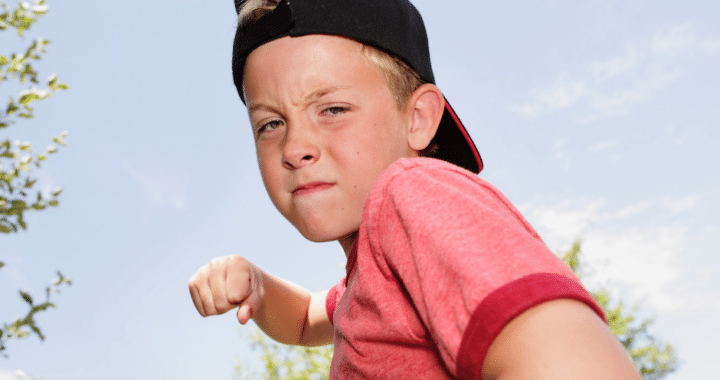Why Kids Bully
Why Kids Bully
No parents want to hear that their child is a bully. It’s extremely difficult to find out that your child is inflicting harm to another. Nobody has sympathy for a mean kid, and if you’re the parent of a bully, it can be devastating. The reason your child could be engaging in this behaviour can be an indication of issues with mental health or distress. They could be experiencing anxiety or depression and or having difficulties regulating their emotions or behaviour. Whether the bullying is physical or verbal, if it’s not stopped it can lead to more aggressive anti-social behaviour and interfere with your child’s success in school and ability to form and sustain friendships.
Kids bully for various reasons, some because they feel insecure. Kids can learn very quickly what works. If they’re a bit mean to a child and they end up getting what they want, they’re likely to do it again. Picking on a child who appears to be emotionally or physically weaker makes them feel more important, popular, in control. Kids also can bully because they simply don’t know that it’s unacceptable to pick on kids who are different because of size, looks, race, or religion.
In some cases bullying is a part of an ongoing pattern of defiant or aggressive behaviour. These kids are likely to need help learning to manage anger and hurt, frustration, or other strong emotions. They may not have the skills they need to cooperate with others. Professional counselling often can help them learn to deal with their feelings, curb their bullying, and improve their social skills.
Some kids who bully at school have been exposed to aggressive and unkind interactions in the family and often learn to treat others the same way. And kids who are on the receiving end of taunting learn that bullying can translate into control over children they perceive as weak.
There are many reasons a child might bully others:
- For social status (and power) – Popular and powerful children use bullying to maintain their power and popularity especially within an unhealthy peer group.
- Children who experience a sense of deprivation feel entitled to bully other kids i.e. they feel they’ve been dealt a bad hand, so the rules don’t apply to them.
- They themselves are the subject of bullying (either at home or school) and are trying to regain power by being aggressive to another/others.
- Their personality is assertive and impulsive by nature. They might also experience poor impulse control – they might lash out at the same kids in sport/games and often is an arrogant winner or a sore loser.
- Lacking anger management skills – they haven’t learnt to control their emotions well and they choose a few of the same kids to take their anger out on, when things don’t go their way.
- Lack empathy towards others (especially on how their actions make others feel).
- Seeking attention especially parental.
- Peer pressure – wanting to fit in or impress a particular group at school.
- Low self esteem – a young person pulls others down, out of envy or unhealthy comparison/ competition.
- Views kids as hostile when they aren’t.
- Joins in the bullying to avoid being bullied themselves.
- May be expressing anger about events in their lives.
- Mimicking bad behaviour – Kids often see bullying behaviour through media, politics, films/TV, other kids at school, and family.
- Have parents that do not enforce discipline.
Children need to feel secure and loved, no matter what. It’s okay not to love the behaviour, but it’s important to remember: it’s the behaviour, not the person. In blogs to follow we will look at what to do if your child is a bully.







